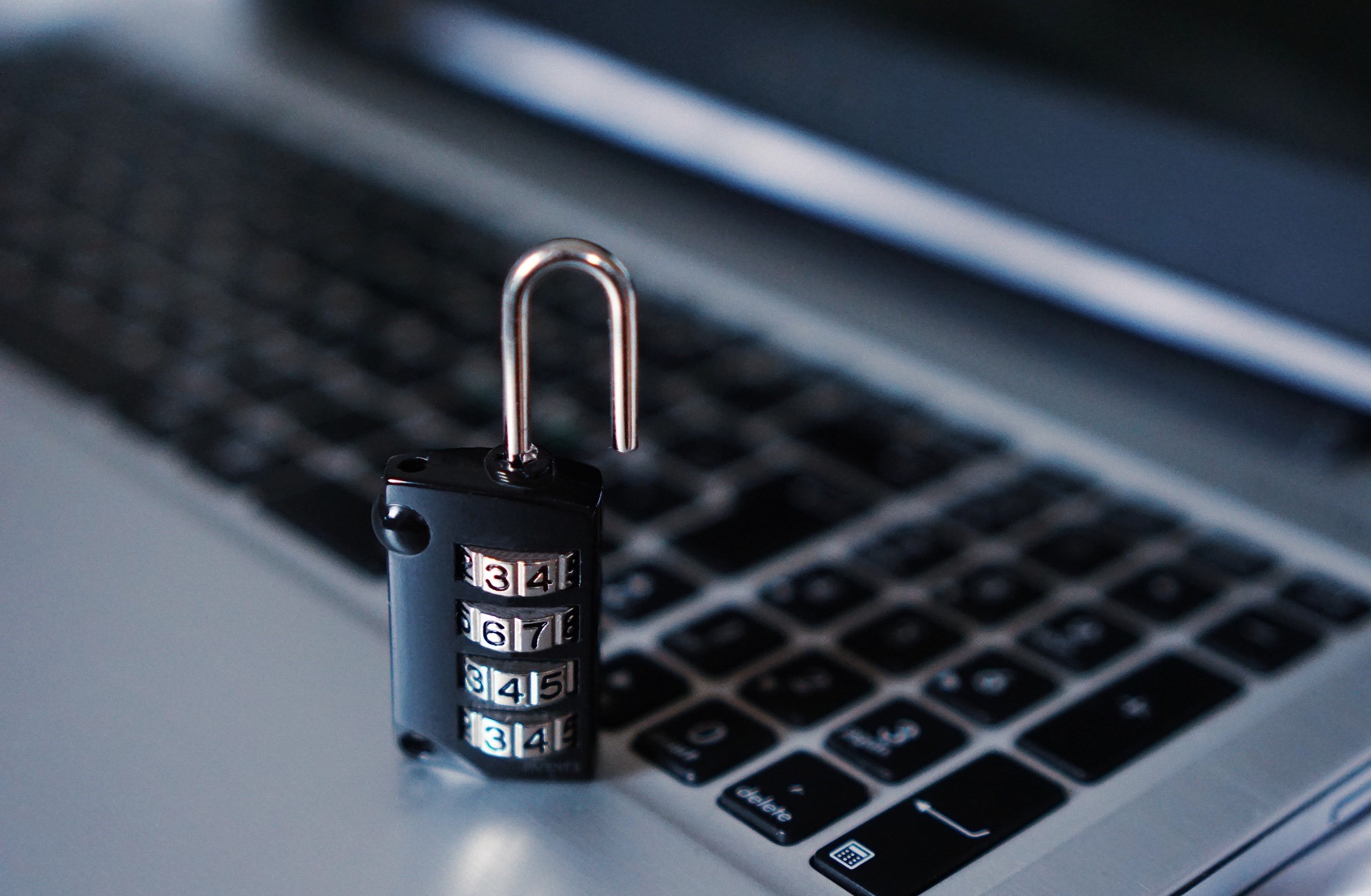With businesses increasing online, the threats that come with cyber securities are also on the rise. Keeping your website secure has now become a prerequisite for your portal’s sustainable online presence.
Security breaches on your website may not be to mess with your data or design layout but to gain access to your servers for passing on illegal emails and spams. You can even be hit with ransomware if your servers aren’t secure enough.
Therefore, it becomes necessary to secure your online properties and here we take a look at a few tips that will help to make your website more secure.
1. Scan Vulnerabilities on Your Website
To ensure a secure online space, you must regularly check for vulnerabilities on the server with the help of a good online security scanner. It is advisable to run web security scans after every time a new component is added to the system. This helps maintain the secure hygiene of the system. Although there are free tools on the internet that do a brief review of your overall system, it is best to take services of professional software that can monitor the security of your website.
2. Use a strong firewall
Firewalls prevent hacking attempts by overseeing all the bits of traffic that’s being transferred to and from the site. Cloud-based web application firewalls are becoming popular nowadays. Though they may come at a cost but they’ll keep your website secure in the long run.
3. Encrypt your Logins Safely and use Strong Passwords
To keep personal and financial data like credit card numbers, social security numbers, login credentials safe, you must encrypt your login pages with Secure Sockets Layer (SSL) code. Use very strong passwords that contain a mix of different sizes of letters, special characters and numbers and keep changing your login password from time to time to keep the network secure and away from hacks. Enforce this strong password policy across your company so that whoever is logging in cannot have unauthorized access.
4. Back up your Data and Keep Software Updated
It is best to keep a backup of data when the website cannot be accessed due to a technical incident. You must keep backup of your files even if your hired web host service creates a backup of all the files for you. Some content management systems have this facility inbuilt in them via plugins and extensions. Hackers are always looking for loopholes in your web servers and one way to thwart them is by keeping your software up to date and upgraded with the latest security patch.
5. Use a Safe Web Hosting Service
A good web hosting service will ensure that each of its catering websites is adopting the best security policies. Web hosting providers can also allow websites to test run on their platforms before taking them live. Web portals like Housing Foundry provide a safe web hosting service that you can check out. Their country-specific hosting comparisons can help you decide the best web hosting platform for you and your business.














